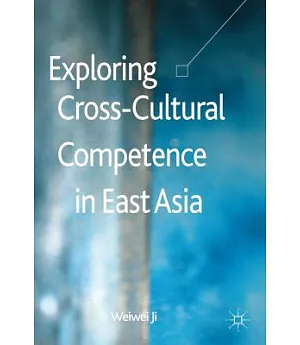How do boundary-spanning organizations use their choices for leadership positions? How could hybrid organizations and leaders improve the effectiveness of those organizations in order to
increase the chances of success for their business organizations in East Asia? How can we observe the best practices that could guide foreign managers to adjust in host business environment
in East Asia?
To answer these questions, the author presents a theoretical framework and investigates the preferences and networkability in the corporate, market and living environment of expatriated
managers in China and Japan.





















